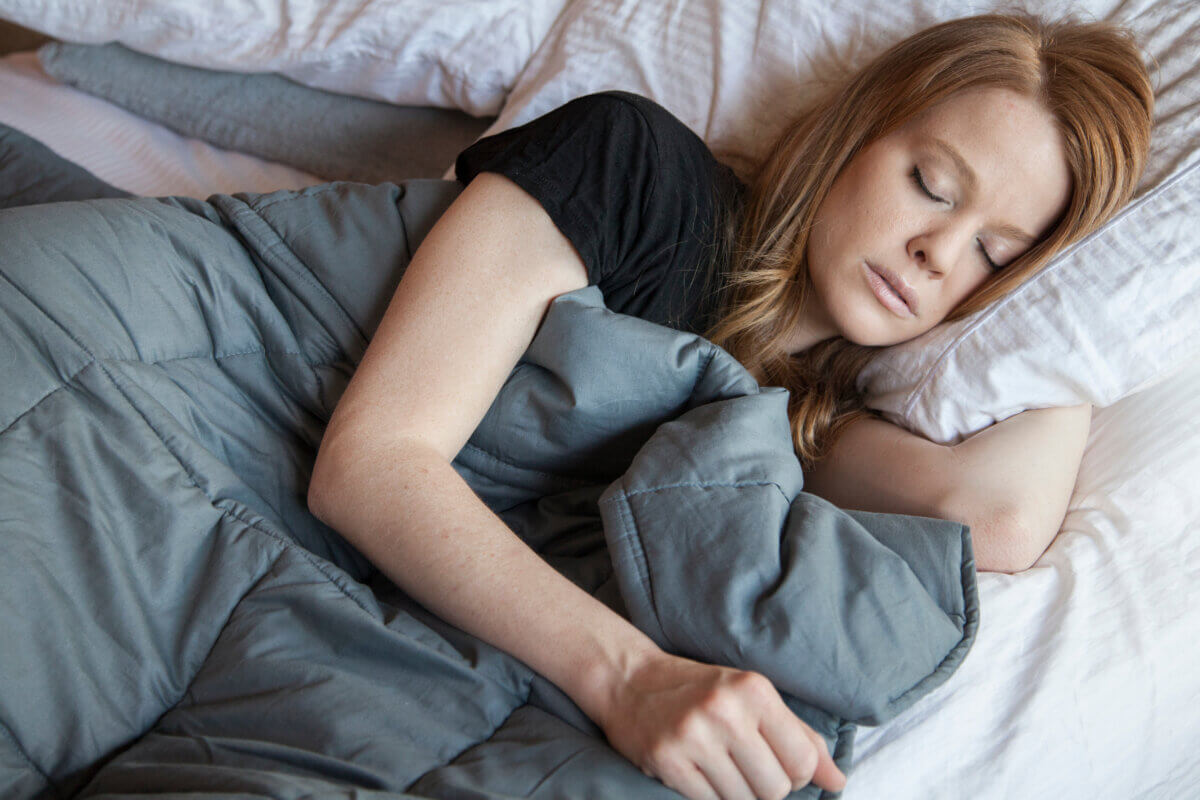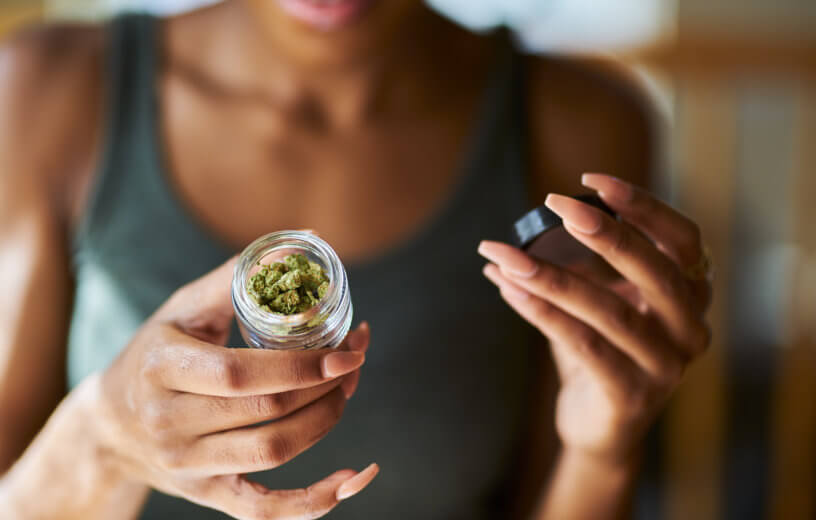PULLMAN, Wash. — More and more people are turning to cannabis to get a good night’s sleep. A recent study led by researchers at Washington State University (WSU) has revealed that a significant majority of cannabis users who reported using the substance for better sleep have been able to abandon over-the-counter or prescription sleep aids.
More than 80 percent of the 1,255 surveyed cannabis users no longer rely on traditional sleep aids like melatonin and benzodiazepines. Instead, they favor inhaling high-THC cannabis through methods like smoking joints or vaporizing flower, which have been shown in previous research to aid in falling asleep quickly.
About half of the participants also mentioned using cannabis strains containing CBD and myrcene, an aromatic compound found not only in cannabis but also in hops, basil, and other plants. Myrcene is believed to have sleep-promoting properties, and the study suggests that cannabis users have recognized this potential benefit.
“One of the findings that surprised me was the fact that people are seeking the terpene myrcene in cannabis to assist with sleep,” says study senior author Carrie Cuttler, an associate professor of psychology at WSU, in a university release. “There is some evidence in the scientific literature to support that myrcene may help to promote sleep, so cannabis users seemed to have figured that out on their own.”

(© Katelin – stock.adobe.com)
The study analyzed self-reported data on cannabis use and its effects on sleep from participants who either used cannabis alone, used sleep aids, or combined cannabis with sleep aids. The data was provided by Strainprint, a medical technology company based in Canada.
Participants reported various morning outcomes and side-effects. Cannabis users commonly reported feeling refreshed, focused, and better able to function in the morning compared to when they used traditional sleep aids. They also experienced fewer headaches and less nausea. However, cannabis users also reported feeling sleepier, more anxious, and irritable in the morning after cannabis use, along with experiencing dry mouth and red eyes.
“In general, the use of cannabis for sleep-related issues was perceived as more advantageous than over the counter medications or prescription sleep aids,” explains Cuttler. “Unlike long-acting sedatives and alcohol, cannabis was not associated with a ‘hangover’ effect, although individuals reported some lingering effects such as sleepiness and changes in mood.”
The study also revealed that more than 60 percent of participants achieved the recommended six to eight hours of sleep when using cannabis alone, while less than 20 percent achieved this with prescription or over-the-counter sleep aids, or a combination of cannabis and a sleep aid. Only 33.8 percent of participants used cannabis edibles for sleep, and 14.1 percent opted for THC-containing capsules. These alternatives have longer-lasting effects but were less popular, possibly due to the need for quicker relief when falling asleep.
Despite the positive findings, the study has limitations, with a potential selection bias toward those who already perceive cannabis as beneficial for sleep. Cuttler stressed the need for future research to employ more objective sleep measures to gain a comprehensive understanding of cannabis’s effects on sleep.
The study is published in the journal Exploration of Medicine.
You might also be interested in:
- Cannabis can help cancer patients using chemotherapy avoid brain fog
- Medical marijuana restores quality of life for people with chronic health issues, study says
- Best OTC Sleep Aids For 2023: Top 5 Products Experts Say Are Dream-Worthy

